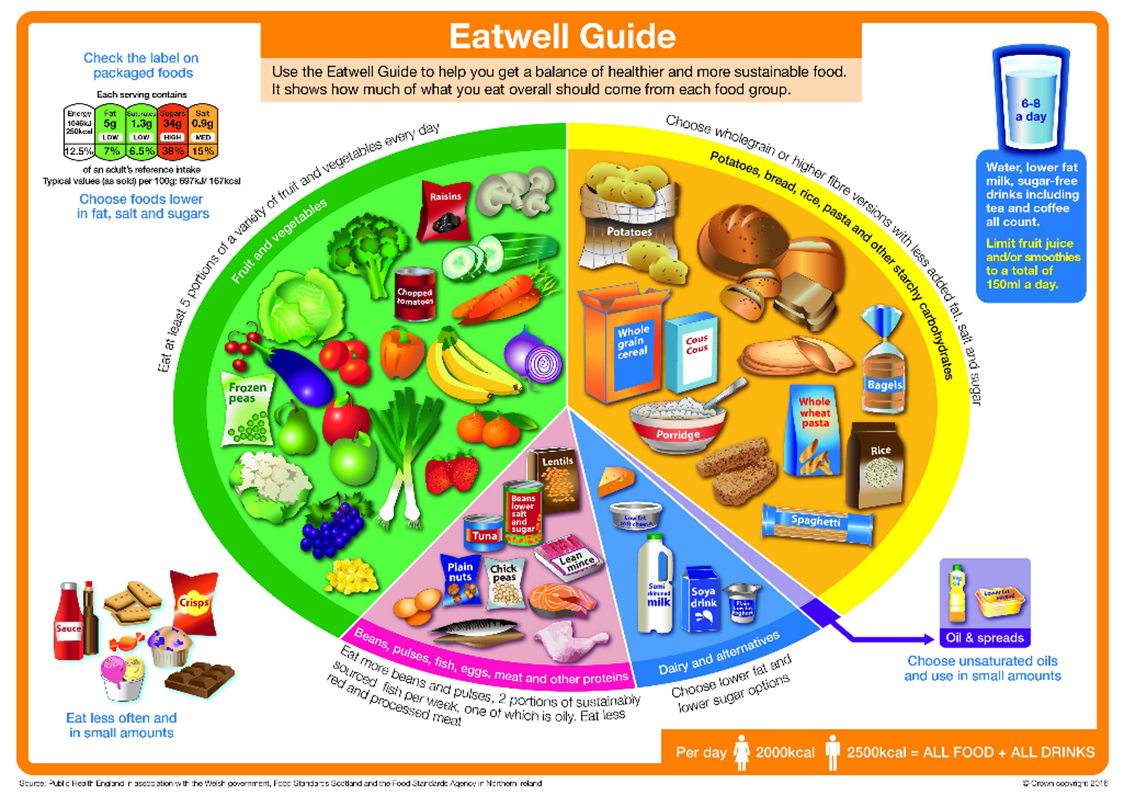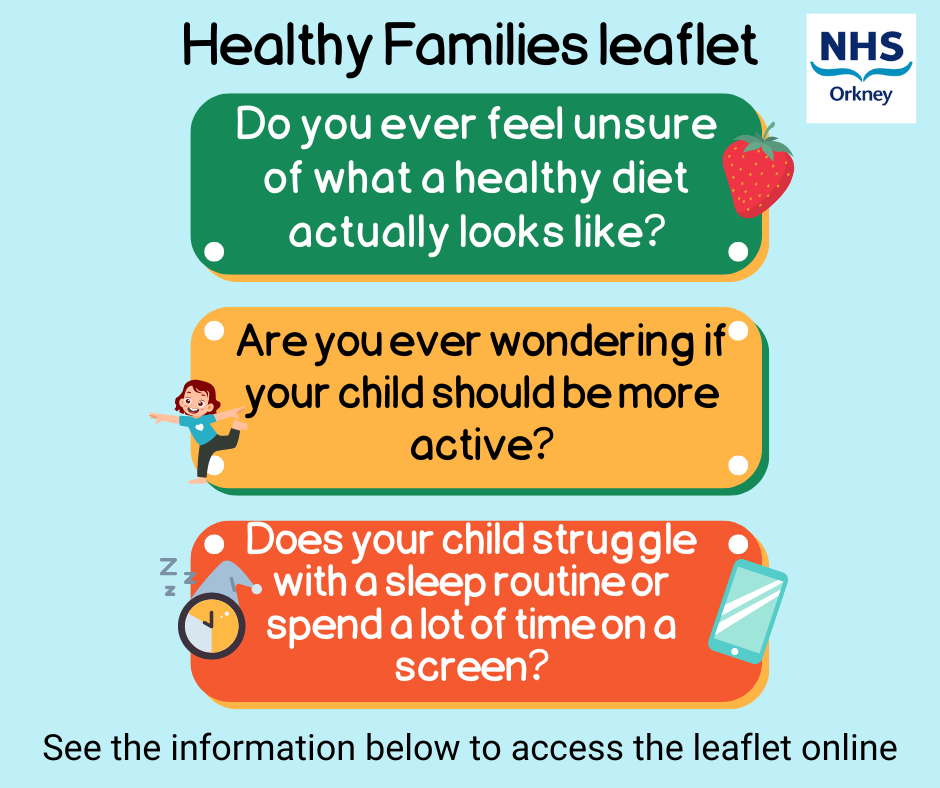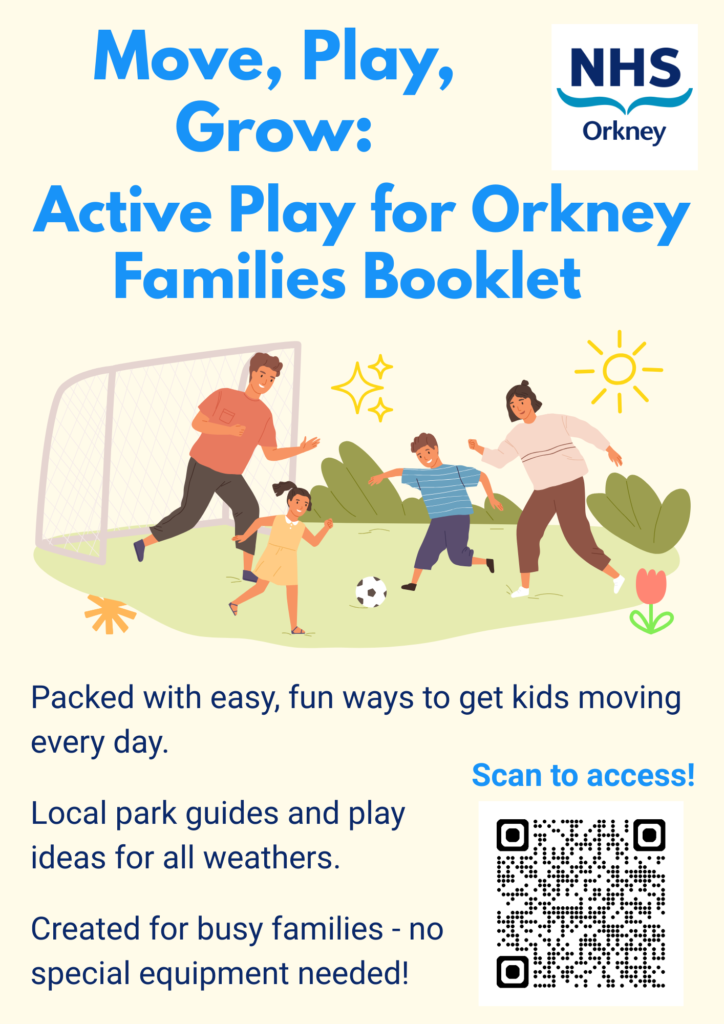Children who have a healthy weight for their height tend to have better physical health. When children eat well, they grow sufficiently, and their health is benefitted as well as doing better in school and play. It is vital to create healthy habits as early as possible, and there are many ways parents, carers and any other person in a child’s life can support this. Small changes can make a huge difference, including eating a healthy balanced diet or encouraging activities and play to keep them active.
It can be difficult to know what a healthy balanced diet actually looks but this page is here to support you in learning about a healthy diet for children, and will help you and your family to live a healthier lifestyle.
The Eatwell Guide is a guide to the different food groups and what makes up a healthy, balanced diet. It shows how much of each food group should be eaten in a day. Eatwell Guide | Food Standards Scotland (fss-eatwellguide.scot) allows you to better understand the guide and further explore each food group.

More specifically, you can look on Food facts – Healthier Families – NHS (www.nhs.uk) to find out more about the amount of salt, sugar and fat that children need depending on how old they are as well as healthy swaps you can try. It is important to not over eat foods that are high in salt, sugar and fat so check out the page linked above to find out more.
Top tips and healthy swaps:
- Make sure your children have a variety of fruits and vegetables throughout their day – try chopping up carrots, onions and courgettes really small when putting into pasta sauces so they still get the benefits but don’t notice them
- Have fruit salads as a fresh snack
- Try veggie sticks, like red peppers, carrots and cucumber with a yogurt or hummus dip as another fresh snack
- Add salads to sandwiches or other meals to allow your child to taste different vegetables
- Don’t have too much salt in the diet and watch for the foods you forget about
- Choose unsalted nuts, or plain rice cakes
- Have veggie sticks and dip instead of crisps and dip
- Try reduced-salt sauces, beans and stock cubes in your cooking
- Choose lean meats or other proteins like chicken, fish, beef, eggs, beans etc rather than processed meats like sausages, bacon, ham etc
- Aim to reduce your child’s sugar intake
- If you have sweeties and chocolate a lot, swap for frozen grapes, mini chocolate bars or a fruit salad
- Try reduced-sugar sauces and beans
- Aim for water or milk as your main fluids rather than fizzy drinks or energy drinks
- With cereals, opt for whole grains like weetabix, porridge or special K rather than chocolate, sugary cereals which can affect dental health
- Be careful with foods high in fat
- This could be pastries, ready-meals, pizzas, cakes etc
- Don’t restrict these items, but just try to balance them out with other healthier foods and don’t make them your staple foods
- Try yogurt with fruit and plain granola for a healthier breakfast than a pastry
- Swap ready meals for home cooked meals, look on Recipes – Healthier Families – NHS (www.nhs.uk) for some ideas
- Focus on getting a balanced, diet
- It is important to aim for a variety of different foods and eating everything in moderation
- This means no restrictions on certain things
- Plates should be bright, colourful and appealing to eat with the mix of every food group
- Encourage a focus on health with your child’s food rather than having strict rules
- Try cooking together with your children and sitting down as a family to have meals, to encourage togetherness
Family resource
Healthy Families Leaflet

NHS Orkney’s Health Improvement team have created a ‘Healthy Families’ leaflet to support and provide information for families on nutrition, activity, and other important lifestyle factors for children. Leaflets can be requested from schools across Orkney or it can be accessed online by clicking below:
Move, Play, Grow: Active Play for Orkney Families
Our Move, Play, Grow: Active Play for Orkney Families Resource is designed to help parents and carers encourage children to be active every day. It’s full of practical, fun ideas and activities that make it easy to include movement and play in your family’s daily routine, whether you’re indoors or outdoors.
Active play supports children’s physical development, confidence, and wellbeing, while also providing opportunities for families to spend quality time together. Explore the resource for inspiration on how to help your child stay healthy, happy, and active, whatever the weather or setting.

Useful websites
- Parent Club – For Baby Box And All Your Parenting Needs
- Talking to your child about weight (bath.ac.uk)
- Food safety & healthy eating education | Food Standards Scotland | Food Standards Scotland
- www.nutrition.org.uk – British Nutrition Foundation
- British Dietetic Association (BDA) | British Dietetic Association (BDA)
- Healthier Families – Home – NHS (www.nhs.uk)